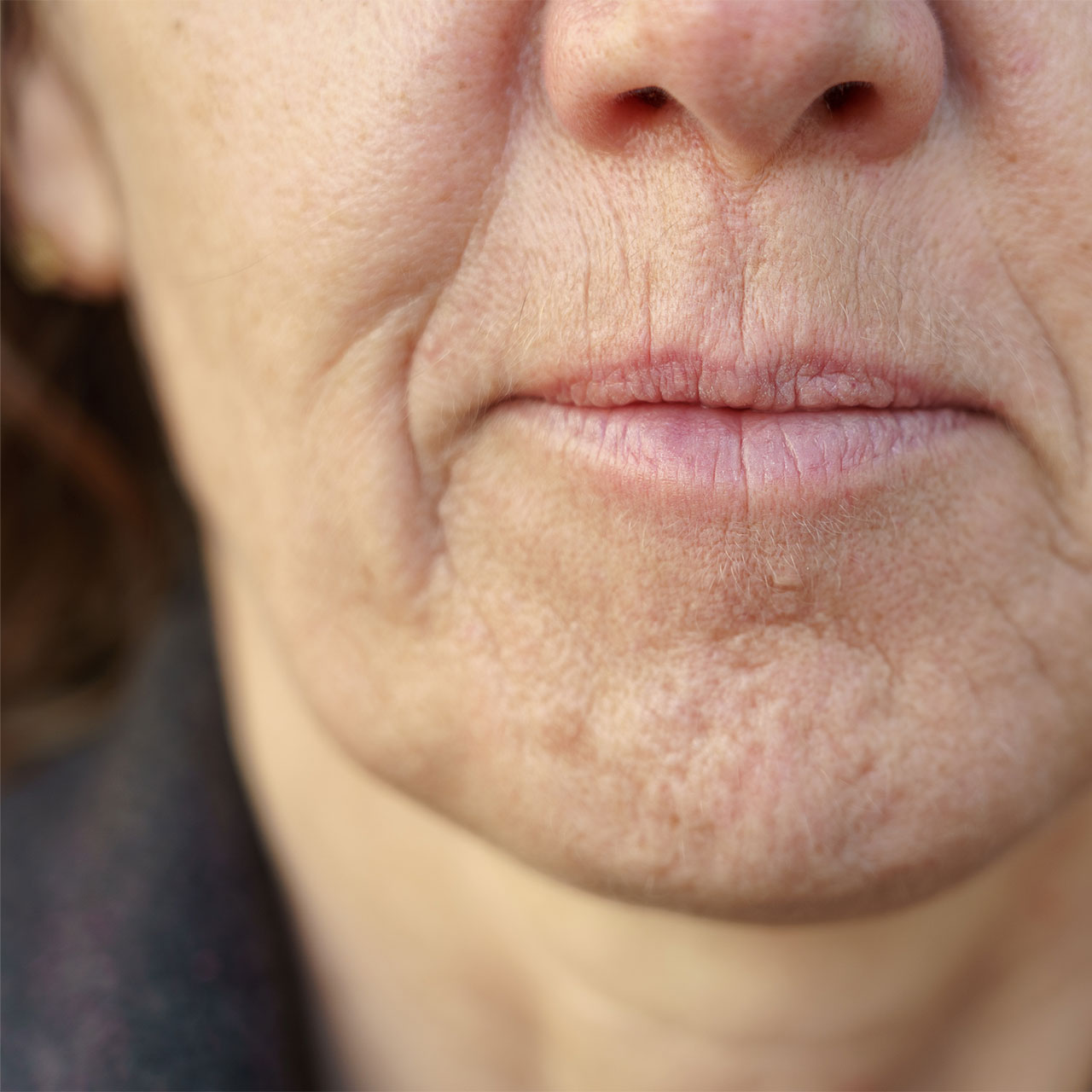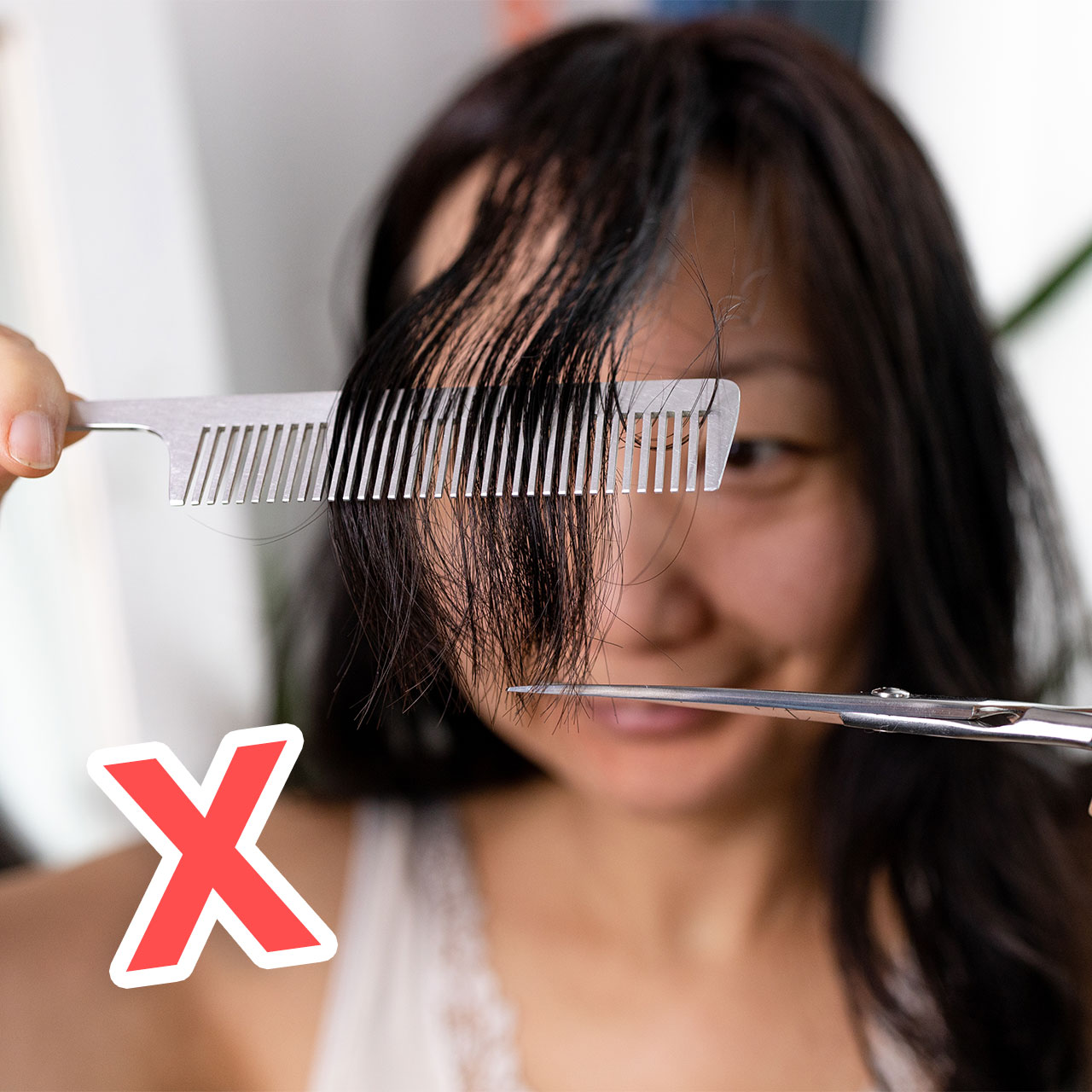This is an archived article and the information in the story may be outdated. Please check the time stamp on the story to see when it was updated last.
Although picking out high quality skincare products at the drugstore is a great way to promote healthy skin on a budget, there are some dangerous ingredients you should steer clear of when shopping. Specifically, many ingredients that are commonly found in skincare products can do more harm than good.
Keep reading for the 4 drugstore skincare products you should never use, according to dermatologists!


Alcohol
Dr. Charlotte Birnbaum of Spring Street Dermatology suggests staying away from drugstore skincare products containing alcohol--most often found in toners. Because alcohol dries out the skin, it can lead to irritation--and reduce the effectiveness of other ingredients in your skincare regime.

Triclosan
Dr. Jessie Cheung, a board-certified dermatologist, explains why you should avoid this common ingredient often found it "anti-bacterial" washes: "Triclosan has been linked to antibiotic resistant 'superbugs.'"
Plus, studies also show that triclosan may lead to hormone disruption.
Dr. Cheung continues, "The FDA banned triclosan from household soap products in 2016, and from over-the-counter antiseptic products in 2017, but triclosan can still be found in some cosmetics, toothpaste, clothing, kitchenware, and toys."

Artificial Fragrance
Although a common added ingredient in drugstore skincare products, artificial fragrance should be avoided.
Cosmetic dermatologist Dr. Howard Sobel explains, "One of my least favorite ingredients is added fragrance, which is often used as an umbrella term for chemicals and irritants. I prefer my patients use fragrance-free products on their skin, especially products that are used around the eyes where the skin is very thin and sensitive."

Methylisothiazolinone (MI)
Dr. Birnbaum also recommends staying away from MI, a common preservative in skincare and cosmetic products that is actually banned in Europe.
She explains, "It is one of the more common ingredients to cause allergic contact dermatitis."


























